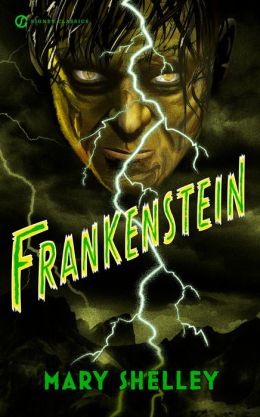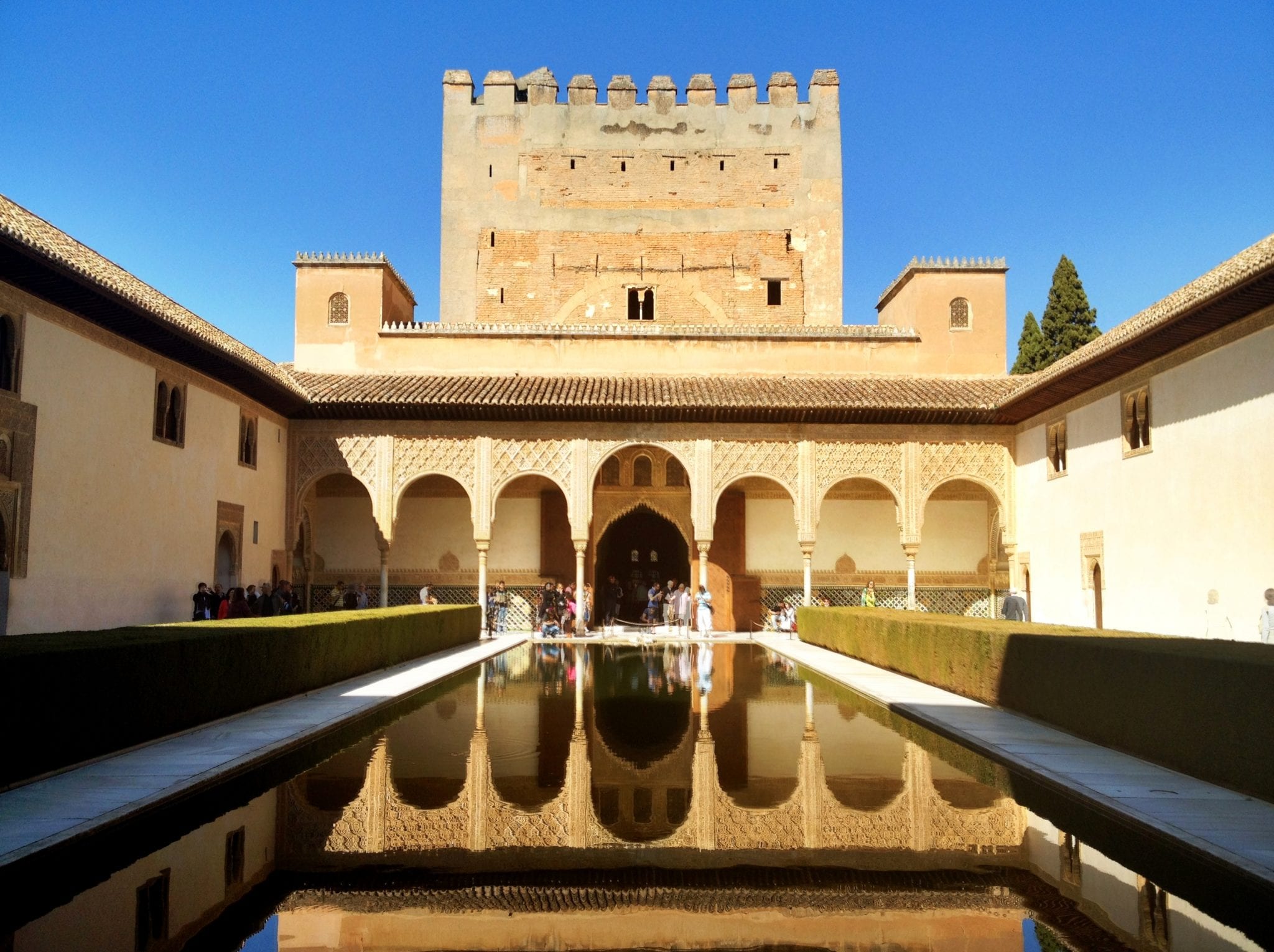I have jumped around a bit in this blog, but I read much faster than I write. Besides, I am enjoying the novel, and sometimes it's only food and sleep that can really keep me from a good read. I have been trying to read slowly and enjoy each chapter fully, but I have not been able to keep up with reading and writing. Besides, the weather is nice, the pool is close by, and it's vacation.
Still, I only have 5 more days until we leave for Spain, and I want to be ready for my literary tour of La Mancha!
I will try to start over and return to my first topic about the prologue. In Don Q, Cervantes employs almost every literary device used in any novel long before those devices were common. Remember, this is the first modern novel of the kind. Two of those literary devices are the frame story and the insertion of a narrator/writer who has been told the story and is simply recording it as heard or witnessed. Some novels that come to mind are Eaters of the Dead, Frankenstein, Dracula, Marco Polo's Travels, Great Gatsby, Heart of Darkness, etc. to name a few of the well-known frame stories with a narrator/writer character.

Cervantes' narrator/writer is Cervantes himself, but he is only translating the story of the famous Don Quixote as written by Cide Hamete Benengel, an Arab and Manchego writer from the past. Cide is a fictional character and a Moor, which is an interesting choice, but Cervantes employs this device to add dimension to the story and allow for occasional interruptions or commentaries about the original manuscript, Cide, and the novel itself.
 |
| Alhambra- Moorish Spain |
Cervantes calls himself the stepfather of the novel, claiming that Cide Hamete Benengel is the father and true author of Don Quixote. I love the next part where he goes into an elaborate conceit about fathers/ children and writers/books. He writes, "Sometimes when a father has an ugly,
loutish son, the love he bears him so blindfolds his eyes that he does
not see his defects, or, rather, takes them for gifts and charms of mind
and body, and talks of them to his friends as wit and grace" (Gutenberg). It is true, is it not, that parents are blind to faults in their children? Most newborns are red, squiggly things and need some time to grow into cute babies, but no new parent would ever see anything but an angel. Cervantes claims it is the same with writers and their books. They do not see the flaws and mistakes in their prodigy, and instead go around bragging about how great their book is to everyone who will listen.
 |
|
Then, Cervantes lets the reader know that he is having trouble writing the prologue to the story and finishing the novel because it does not have all of the things a good book should have, according to tradition and society. This is when a friend drops by and asks Cervantes what is wrong. This friend of his is no doubt the personification of satire, wit, and imagination, for this is where the modernity of the novel begins. Cervantes complains that he does not have a million sonnets, annotations, citations, lists of other books and authors, quotes from the Bible, etc. He has decided to not write the story because he is too lazy to find authors to quote when he can just write it himself and say it as well. The meta-textual nature and its commentary on the act of writing itself in this satirical prologue is astonishing and hysterical for the time period. I suppose the best comparison I can think of is Shakespeare's Sonnet "
My Mistress' Eyes are Nothing Like the Sun," where he makes fun of romantic, hyperbolic sonnets while writing a very romantic sonnet.
The friend of Cervantes, then, gives great advice. For the sonnets, he tells Cervantes to write them himself and then just add a legendary name to claim it was written by that person. Then, he suggests just adding common Latin phrases into the book wherever possible and citing who said it or add notes in the margins. Then, he tells him to always use Biblical or famous names for anything in the novel, like the giant should be Goliath and all the rivers should be named Tajo (or Jordan or Ganges or Nile, I imagine) and then add a long citation and explanation for each with the history of the name and origins. And then for the bibliography, simple, just copy and paste one from another book. He is, of course, pointing out the uselessness of such pretenses and the false criteria for a good book or prologue.
  |
| Making fun of geeks while showing you are one? |
Cervantes takes this advice and does just that, humorously, at the start of the novel. He is clearly making fun of this kind of long prologue and lists intended to show off the author's knowledge of other readings, Latin, the Bible, etc. He has read extensively and does know all of this; otherwise, he could not mock the need for them by listing so many and going through all of them. He manages to show off his learning while simultaneously mocking himself and the books of that time. I doubt he would have been very popular with writers of these romances or those who read them. Essentially, he says to just make it all up because it's all nonsense anyways!
I shall have to consider his advice as I struggle to write my own novel. It is fantasy, and yes, follows many set patterns, formulas, archetypes, etc. It is not wholly original, but since "what has been will be again, what has been done will be done again; there is nothing new under the sun," I just hope it can be good and entertaining, if not novel.


 Cervantes' narrator/writer is Cervantes himself, but he is only translating the story of the famous Don Quixote as written by Cide Hamete Benengel, an Arab and Manchego writer from the past. Cide is a fictional character and a Moor, which is an interesting choice, but Cervantes employs this device to add dimension to the story and allow for occasional interruptions or commentaries about the original manuscript, Cide, and the novel itself.
Cervantes' narrator/writer is Cervantes himself, but he is only translating the story of the famous Don Quixote as written by Cide Hamete Benengel, an Arab and Manchego writer from the past. Cide is a fictional character and a Moor, which is an interesting choice, but Cervantes employs this device to add dimension to the story and allow for occasional interruptions or commentaries about the original manuscript, Cide, and the novel itself.




No comments:
Post a Comment